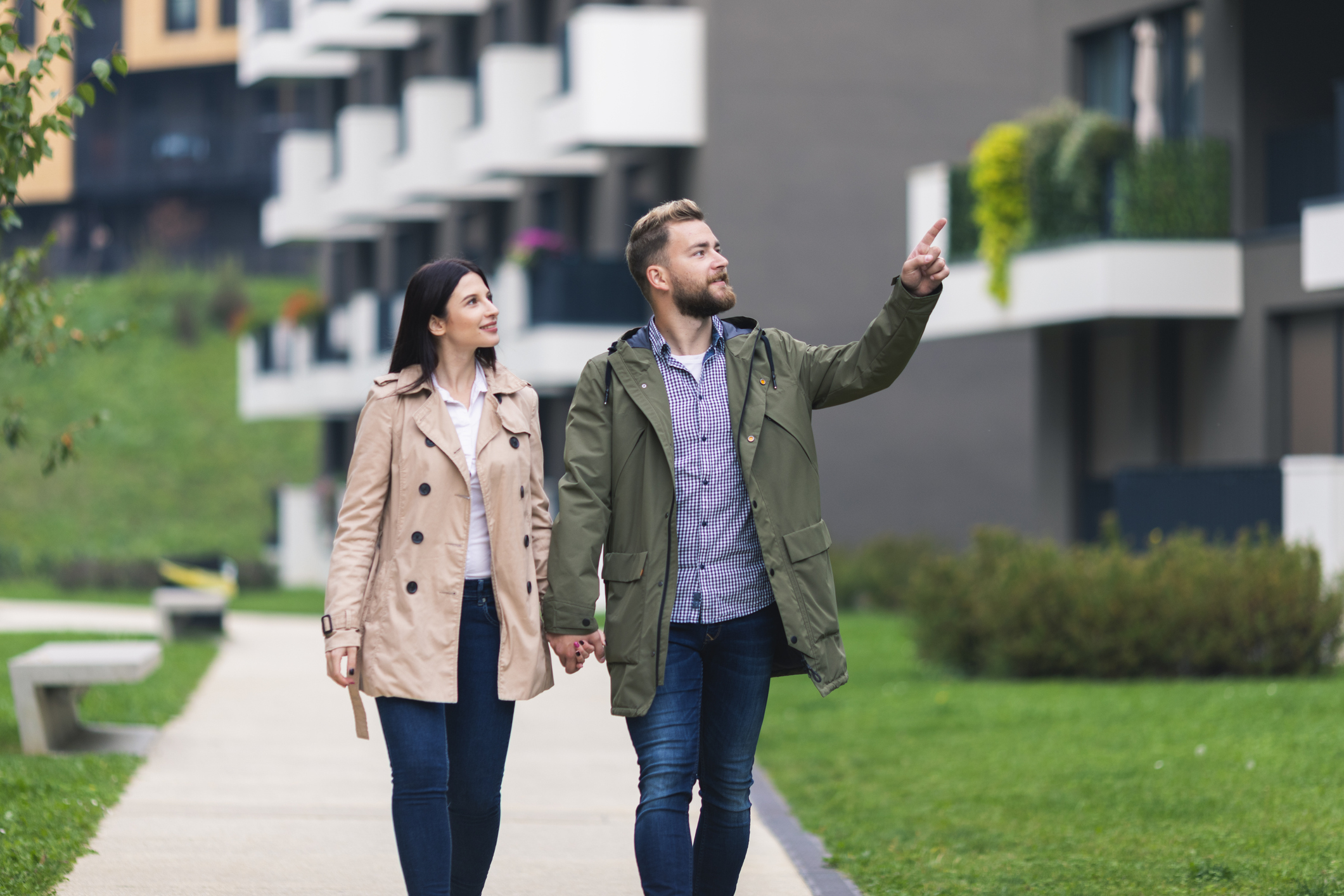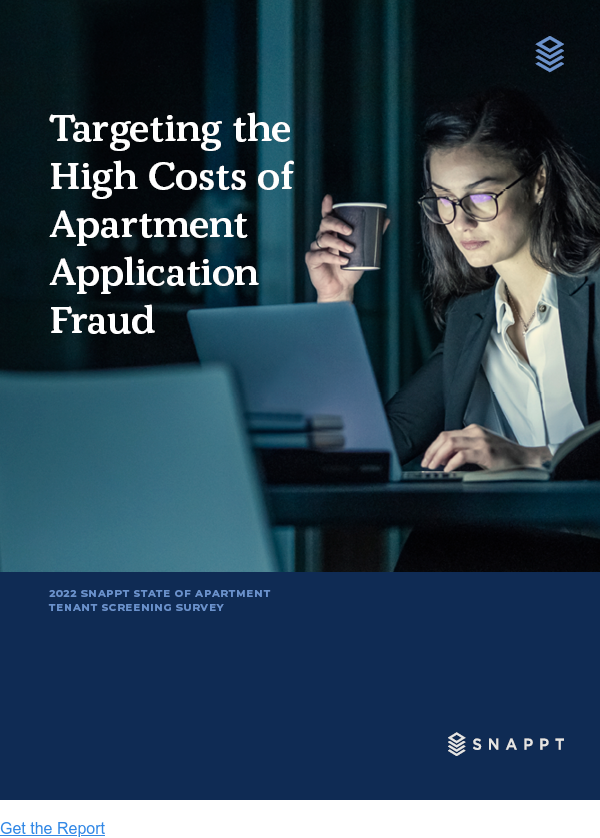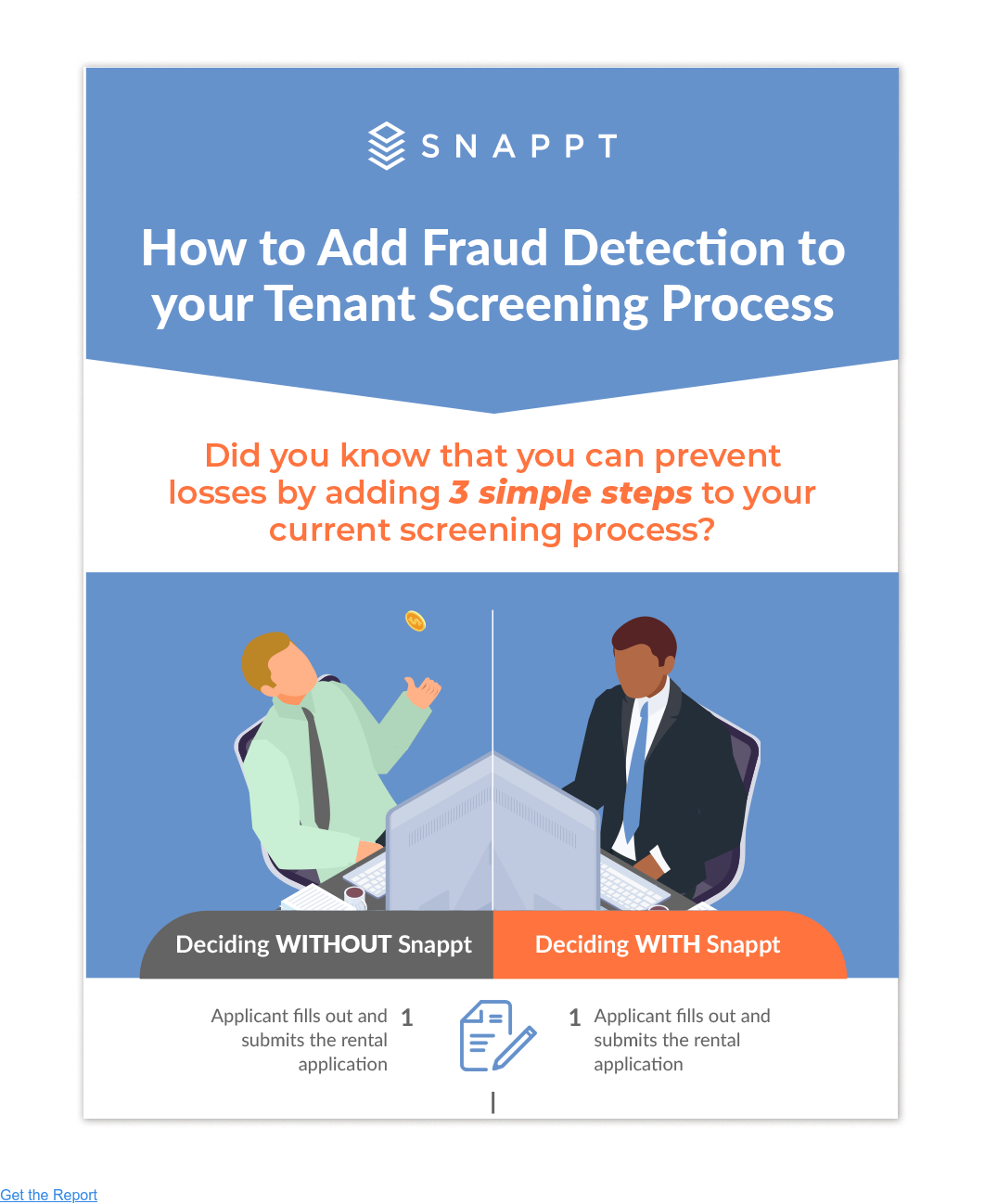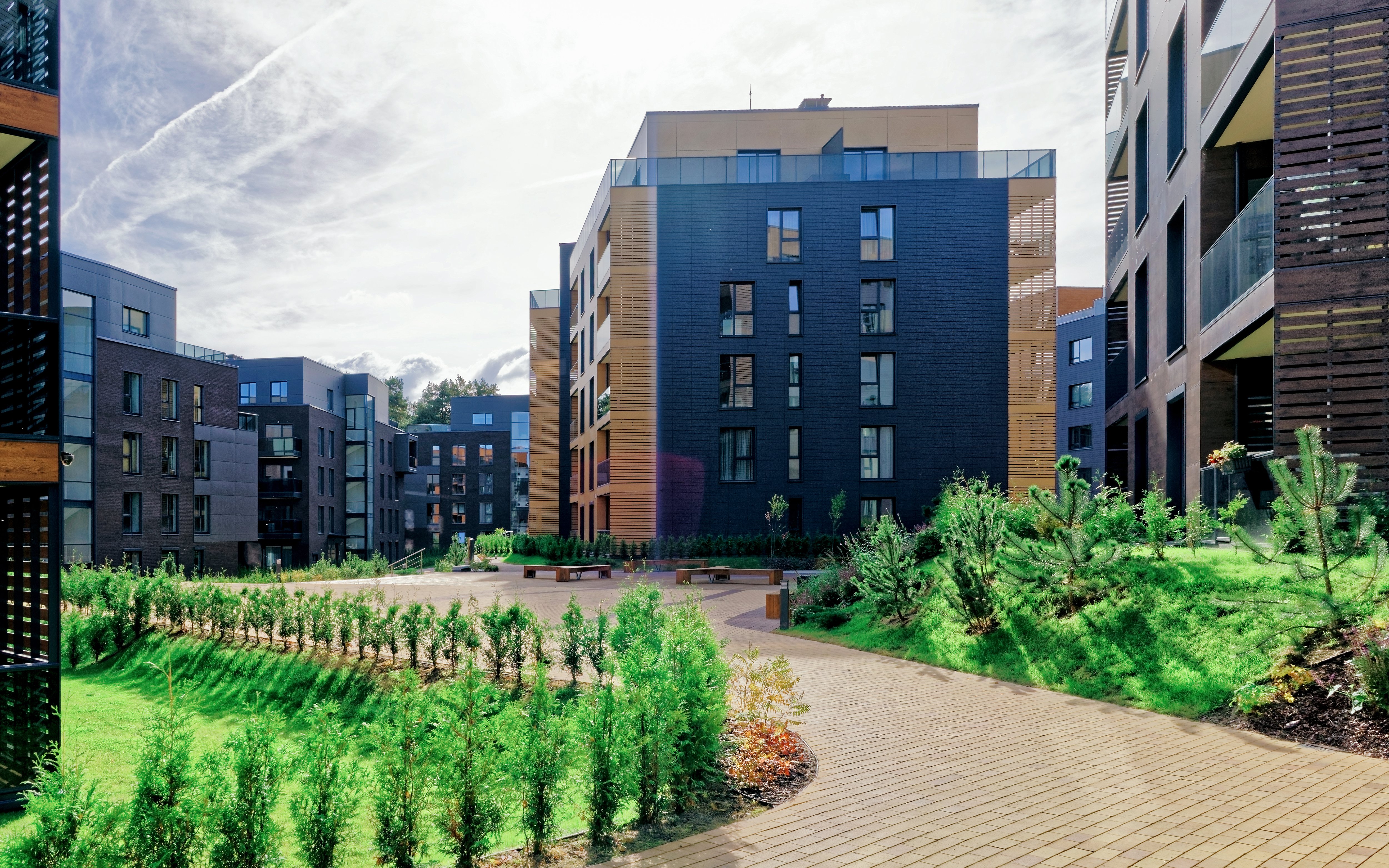I believe it is not an exaggeration to say, that the life of every citizen of our nation has been altered to some degree by the Covid-19 pandemic. For most of us, this virus has sent shock waves through our patterns of work, play, family life and socialization. It has slammed our financial reservoirs, crushed our spirits and in many cases, dealt a grievous blow through loss of loved ones and our sense of self. It has forced upon us change. A change in the way we work, provide for our needs, and interact with our neighbors and community. It has decreased trust and heightened fear on many levels.
Within this cycle of change, we’ve seen a tremendous increase in our reliance upon digitalization. The ability to utilize sophisticated online applications to fulfill almost all needs, from grocery shopping and telehealth appointments to social contact and entertainment, has preserved our health and sanity. The adaptation to a remote workforce has enabled many businesses to stay afloat. Somehow, through all of the required isolation and mandated disconnect, we’ve stayed connected… online.
Tools that provide opportunity, can unleash the opportunistic
But the very tools that have enabled us to bear this pandemic come with a dark side. The anonymity that the digital world empowers, allows users to create for good or evil. Every business has had to deal with data and identity protection and fraud. The real estate leasing industry has seen a dramatic rise in application falsehood and fraud, with a disturbing increase in lost revenues from unpaid fees and evictions. Renters are struggling to meet the personal and financial criteria required to acquire a safe and adequate living space. Residential investors are challenged with wading through a sea of applicants to find those who are what they claim to be, and won’t become another eviction headache six months down the road.
We all seek security and risk alleviation, and a chance to rebound from our losses. Investors still have ripe opportunities in the leasing marketplace, particularly with multifamily value-add real estate investments. However, there is an altered paradigm within the rental-seeking community. A fallout of the cloistered Covid climate is a new urgency for a more personalized and private living environment. There are five areas to consider when choosing properties, in order to achieve a healthy ROI, meet the changing focus of potential renters, and safety-proof your investment.
Five focal points for today’s multifamily residential property investor
The role of fraud detection
First and foremost, the extreme rise in online fraud requires an aggressive fraud detection process. A fraud detection software platform, like Spirited, can decrease risk and avoid costly evictions by identifying falsified financial and personal data, while expediting the screening process.
Reconsider those mid-size multi-dwelling units
With the high demand for housing, properties of 6-10 units can be a great opportunity for higher profit yields. New tax legislation and zoning policies under the Biden administration are enabling the expansion of more multi-dwelling units in suburban and rural areas. The key focus in the development of the rental market may be on value-add residential property investments, renovated with features that meet the necessities of renters today and tomorrow.
Renters want their space-inside and out
The new dynamic imposed by the pandemic culture has changed the perspective of many in their search for new rental digs. More emphasis is placed upon dedicated spaces - both indoors and outdoors. Floorplans that allocate a designated workspace, and an outside retreat for replenishment like a patio or balcony, will attract a broader rental pool.
Create environments that promote privacy, personalization and safety
When evaluating a multi-dwelling property for possible value-add amenities, today’s investors must weigh an evolving list of criteria to attract today’s renter. The mindset of many renters is altering the ‘must-haves’ list of yesterday. The past 18 months now have us question, what do we need for convenience, autonomy, personal expression, and safety for ourselves and our family?
Rather than an open central lobby to access a unit, renters want direct private access. Renovating to keyless entry creates additional convenience and value. There is less emphasis upon fitness rooms crammed with equipment, and more upon outside common areas with green spaces for relaxing and exercising fido. Our emotional dependence upon the comfort of our pets has enabled many of us to weather the pandemic-induced isolation. Pet-friendly features are becoming an expectation and a necessity. With the dramatic increase in online ordering, a postal delivery room with unit lockers is an enhanced amenity that will attract many for immediate and future needs. Creating a designated space for bike storage and electric car charging stations supports awareness of the environmental and social conscience.
Of increasing importance are internal space amenities like energy-saving appliances, personal laundry rooms, reliable high-speed Internet and excellent cell reception. We use laptops and phones for almost every facet of living. We want service at our fingertips. It makes us feel safe, self-reliant and empowered. Heating, cooling, and alarm systems that communicate with a phone app are features we have come to accept as a much-needed norm.
The pandemic-induced migration to the ‘burbs’
The evolving work, school, zoom, and play at home culture may have permanently altered the way many of us approach daily life. Rather than returning to a daily commute to the inner-city workplace, many will have the option to continue a remote pattern.
The future success for residential property management companies and investors lies in responding to change and opportunity. The new paradigm, wrought by a disastrous upheaval, can ultimately lead to a higher quality of life. Investors can contribute by:
- Implementing innovative fraud detection screening programs to decrease loss and risk
- Recognizing the potential in procuring multi-dwelling value-add properties
- Designing environments that respond to the changing physical, social, and emotional rental culture
- Expanding multi-dwelling property search and potential in outlying areas
This season of fear and hardship has caused many to ponder what is truly valuable. Renters are seeking personal residential havens that will enable them to move forward with the safety, convenience, and independence they desire.











